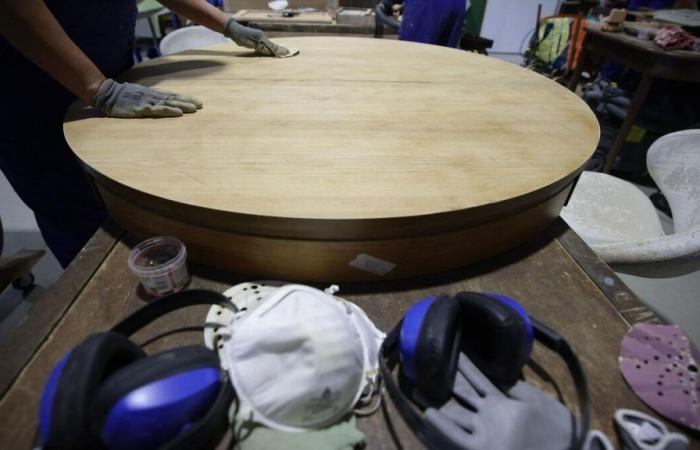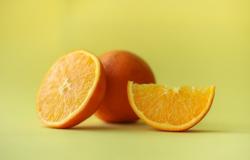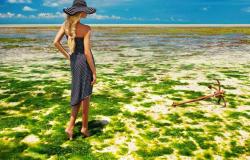Wood, known for its antibacterial and antifungal properties, is naturally used in the manufacture of cutting boards, for example. But what are its antiviral properties? Finnish researchers tested the lifespan of viruses on wooden surfaces, the results of which were published by the American Chemical Society and relayed by -.
Wood can reduce the risk of transmitting certain viruses and some woods are more effective than others. Thus, spruce, birch, oak, and eucalyptus take between one and four hours to destroy the ability of coronaviruses or enteroviruses to infect cells. A much shorter time than on other surfaces, which remain viral for several weeks in a row even when disinfected.
Pine, spruce, birch and alder
For this study, Varpu Marjomäki and his colleagues sprayed the surface of a wood sample with a liquid solution and then placed it in a Petri dish containing cultured cells. They then looked at the number of cells infected with the virus.
The results of their demonstrations with the coronavirus showed that pine, spruce, birch and alder take one hour to completely reduce the virus’s ability to infect cells, eucalyptus and oak take two hours. Pine had the fastest antiviral activity, starting after five minutes. Spruce came in second, with action starting after 10 minutes.
These antiviral properties are, however, reduced if wood is mixed with plastic or other materials. The researchers emphasize that determining the chemical mechanisms responsible for viral inactivation will require further study.






